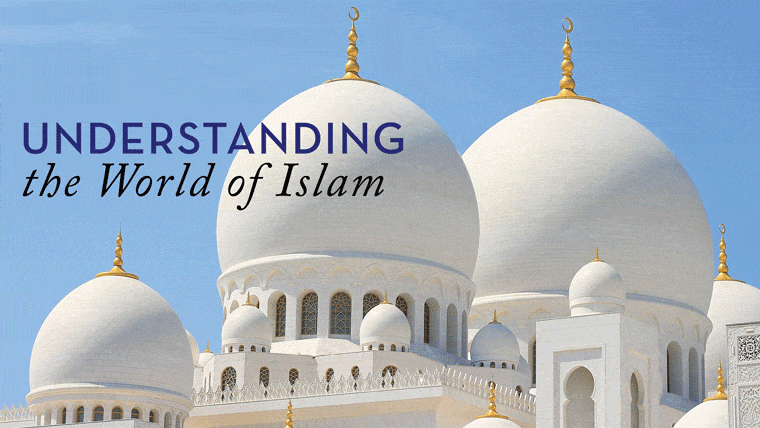By Maliha Chishti
Dr. Maliha Chishti is a researcher specializing in war and post-conflict peacebuilding and a Lecturer at the Harris School of Public Policy. On Wednesday, October 3, she joins us at the Main Library at 7 pm as part of the ongoing series Understanding the World of Islam, presented in partnership with the Center for Middle Eastern Studies at the University of Chicago. Full event details »

Does Islam oppress women? Do Muslim women around the world enjoy the same rights and freedoms as American women? Why do Muslim women wear a veil? Does the Qur’an condone the inequality of men and women?
These are just some of the questions many average American Muslims are regularly asked at work, at school, or in community settings. Many non-Muslim Americans, who have few outlets to properly learn about Islam, are particularly captivated by the dominant image of the “oppressed, burqa-clad” Muslim woman that has been entrenched in the media for decades, especially on the evening news, in TV shows, and in blockbuster Hollywood movies.
However, a closer look into what Islam’s sacred book, the Qur’an, actually states about the equality of men and women, as well as the fate of oppressors and core concepts of masculinity and femininity, may be eye-opening for some and can perhaps best explain why many observant Muslim women find solace and peace within Islam and perceive the Qur’an as a liberatory and emancipatory sacred text.
Understanding the complexities of the role of women and gender in Islam can explain not only the lived experience of American Muslim women, but also the surge of activism among Muslim women worldwide who are reclaiming their human rights from within an Islamic framework. In doing so, they are rupturing the dominant misrepresentations and stereotypes many in the West have about the role and status of Muslim women in Islam.
For a closer look into women and gender in Islam, please join me at the Main Library on Wednesday, October 3, at 7 pm. Let’s continue the important public dialogue. Bring your questions to the discussion, or email them in advance to communications@oppl.org.

